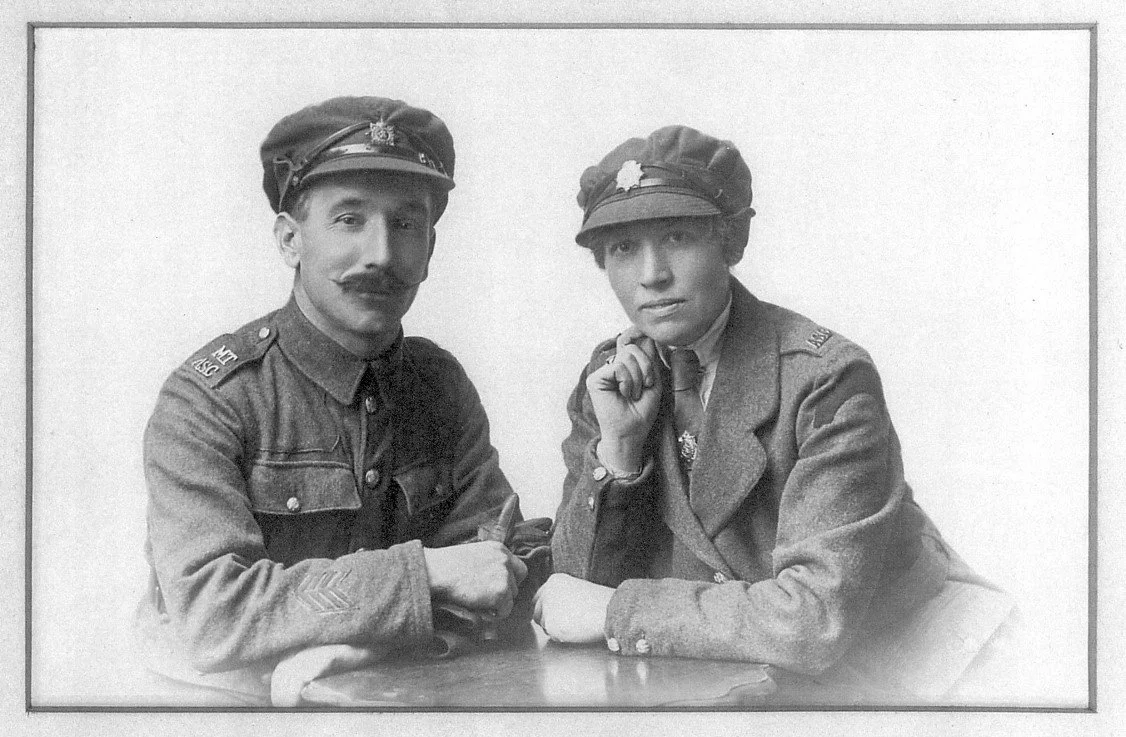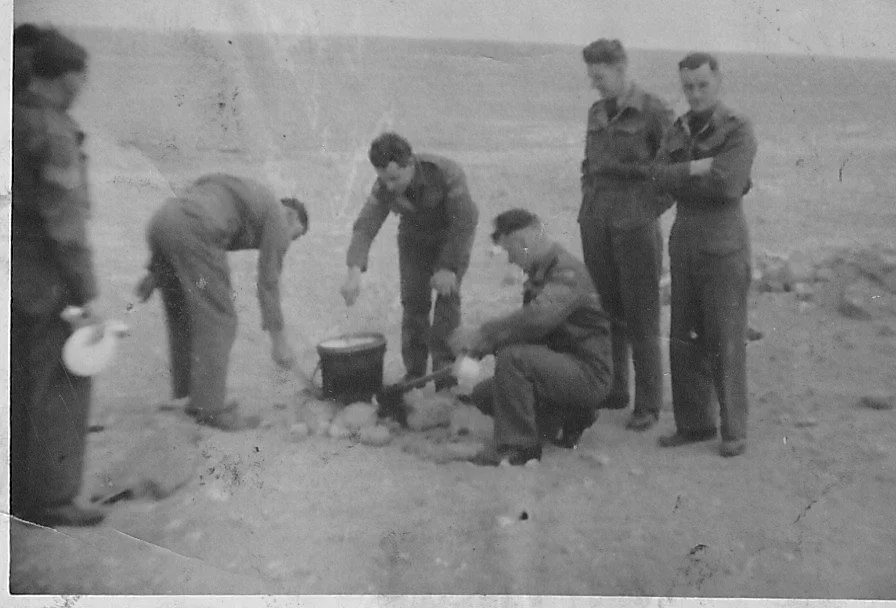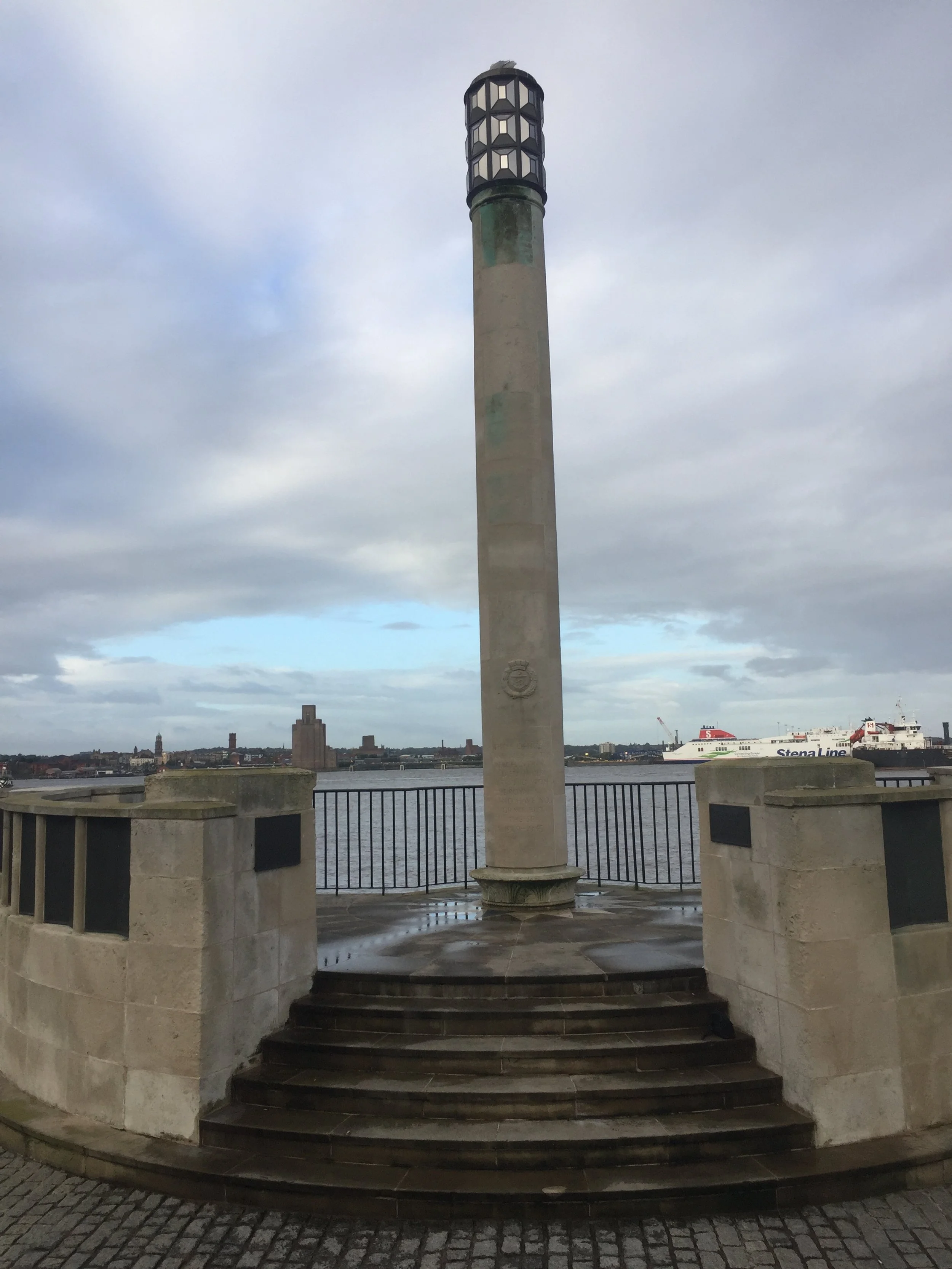We Must Listen to Voices from the Front Lines
One of the most effective ways to prevent war is to show what it’s really like: the night watch on a frigid steel deck, a tanker’s engines wobbling under threat, rumours swirling among the crew, the wives and children waiting at home, and the politicians far away pressing “go.”
Since 2006 I’ve worked with dozens of veterans and their families to edit and publish their stories, and The War Diaries of Louis E. Wren by his son, Christopher Wren, stands out.
Christopher discovered two handwritten journals after his father, Louis Edward Wren, passed away. These notebooks chronicle his father’s years in WWII first as an engineer aboard the oil-tanker MV Corbis in the British Merchant Navy, making perilous convoy trips through the Mediterranean and across the Atlantic to deliver oil to the UK. In 1941, Louis joined the Royal Air Force, training as a mechanical engineer on Wellington and Lancaster bombers and being posted to bases in Iran, Iraq, and Libya.
Author Christopher Wren’s paternal grandparents, Arthur and Lilian Wren. Both were volunteer drivers in World War I, and they may have been the inspiration for his father Louis’s volunteering in the Merchant Navy before WWII broke out.
When I joined the project as the editor (through Tellwell Publishing in Victoria, BC), I saw the journals as museum exhibits: raw, unfiltered, and requiring clarity of context so they could speak for themselves. Chris had set the scene well, writing about what was happening in England, on the Continent, in the Mediterranean or the Middle East when Louis was on duty, so we just needed to ensure the context and journals fit together.
After the edit was complete, Chris wrote to me: “You had questions on the content and expressions which led me to do more homework and to include many footnotes to explain nautical and air-force terminology. This greatly enhanced the substance and readability of the book and also made me think about the content from a different perspective.”
Louis E. Wren (kneeling) and comrades cooking stew in the North African desert on a trip to RAF base Gambut, following the path of Montgomery’s 8th Army.
I also applied The Chicago Manual of Style to bring consistency and ensure the voices of father and son melded smoothly. Chris’s attention and my suggestions came together to produce a book that draws the reader in and shows what war is like. Chris wrote, “The book greatly benefitted from your careful editing, and attention to grammar and style. Your detailed comments reflected a genuine interest in the book content and your desire to produce a better product on my behalf.”
What struck me most was the contrast between the mundane routine day-to-day aboard ship, as they went about their duties while a torpedo strike or convoy attack could happen at any time. Their only windows into the war were the BBC wire feed and chatter among the crew, which is mind-blowing in our current world of relentless “news.”
Monument to the Merchant Navy on the banks of the Mersey River, Liverpool, UK, to honour all the sailors that were killed in WWII.
If you want to understand war beyond the headlines, you can step into the engine rooms, accompany Louis on late-night watch, and feel a little of what he felt by reading this book, which is available through the author‘s website and everywhere good books are sold.
Christopher Wren will be in Victoria to speak about his father and the book on November 19 at the British Columbia Aviation Museum and on November 20 at the Naval & Military Museum at CFB Esquimalt. Both talks are open to the public, and I hope to see you there.





